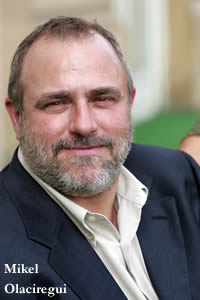 Mikel Olaciregui, Director of San Sebastian International Film Festival is Born in Pasaia (Gipuzkoa) in 1956. A film enthusiast by vocation, Mikel Olaciregui has been professionally related to the audio-visual medium since 1986 when he started working as a producer with the Basque ETB channel. While with the ETB he held different positions within the Production Department, until, in 1988, he was appointed Delegate Director at the newly opened Miramón Production Centre. He was the ETB Programme Manager from 1990. During this time he increased his relationship with the film world, joining the Commission for the granting of Basque Government subsidies to film production, and becoming a member of the Board of Directors of Euskal
Mikel Olaciregui, Director of San Sebastian International Film Festival is Born in Pasaia (Gipuzkoa) in 1956. A film enthusiast by vocation, Mikel Olaciregui has been professionally related to the audio-visual medium since 1986 when he started working as a producer with the Basque ETB channel. While with the ETB he held different positions within the Production Department, until, in 1988, he was appointed Delegate Director at the newly opened Miramón Production Centre. He was the ETB Programme Manager from 1990. During this time he increased his relationship with the film world, joining the Commission for the granting of Basque Government subsidies to film production, and becoming a member of the Board of Directors of Euskal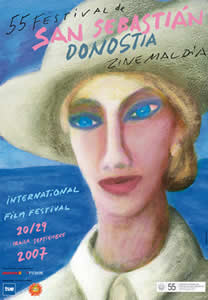 Media, a Company created by the Basque Government to deal with subjects related to audio-visual promotion.
Media, a Company created by the Basque Government to deal with subjects related to audio-visual promotion.He joined the Festival in 1993 as Manager and was named Deputy Director of the Festival in 1999.
In January 2001 he becomes director of the Festival.
Bijan Tehrani: Please tell us about the history of The San Sebastian Film Festival.
Mikel Olaciregui: The San Sebastian Film Festival was born 55 years ago. At the time, it was born as a sort of “International Film Week” and it went yearly in its 3rd edition and it became an international film festival. It has been like an international, competitive, non-specialized film festival. It is known as an A-status festival, like big European festivals such as Cannes and the Berlinale. The festival has been doing well for all these years and we arrived at this point while being a major film festival that is staged in  a relatively small city—compared to other cities that host important film festivals. We try to succeed during a very busy part of the year in which many other film festivals are going on and we do our best to present the top international films during this time period.
a relatively small city—compared to other cities that host important film festivals. We try to succeed during a very busy part of the year in which many other film festivals are going on and we do our best to present the top international films during this time period.
Bijan: Please tell us about how you became involved with the film festival.
Mikel: It’s such a long story (laughs)! I started collaborating with the festival when I was the producer for a news program for ETB, the Basque public broadcaster. I was the producer for all of the information given by them about the festival and this, in fact, put me in contact with the board of directors of the festival and in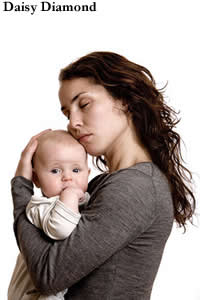 1993—it’s already been 15 years—I started working as an assistant director for the festival and in 2001 I became the director when the former director decided to leave.
1993—it’s already been 15 years—I started working as an assistant director for the festival and in 2001 I became the director when the former director decided to leave.
Bijan: What are some of the different categories in the San Sebastian Film Festival?
Mikel: Well, the main selection is one in which we present international premieres or films that haven’t been shown outside of their countries of origin. We also show films that have never been shown in competitive festivals. We have a section called Zabaltegi and we present this as a competition for up-and-coming directors. We present a large reward for the 1st and 2nd best 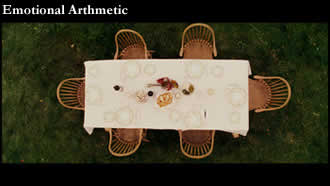 movies. In this section we also show a panorama of some of the best films from festivals throughout the year. We present movies that have won awards like the Palme D’or at Cannes and, in other cases, films that didn’t really gain much recognition. Especially during this time where major film festivals present such a large number of movies, we think that there are some special ones that nobody pays attention to. In this section, we want to underline the fact that there are some movies that are worth watching even though they haven’t won awards in major film festivals. It’s a goal for us to present movies that haven’t received the attention that they deserve. In the festival, we also present the movies of the year. In the festival, we have a section that is dedicated to Latin American movies and we have a very wide panorama of the past Latin American cinema of the year—we have some retrospectives as well. Regarding the
movies. In this section we also show a panorama of some of the best films from festivals throughout the year. We present movies that have won awards like the Palme D’or at Cannes and, in other cases, films that didn’t really gain much recognition. Especially during this time where major film festivals present such a large number of movies, we think that there are some special ones that nobody pays attention to. In this section, we want to underline the fact that there are some movies that are worth watching even though they haven’t won awards in major film festivals. It’s a goal for us to present movies that haven’t received the attention that they deserve. In the festival, we also present the movies of the year. In the festival, we have a section that is dedicated to Latin American movies and we have a very wide panorama of the past Latin American cinema of the year—we have some retrospectives as well. Regarding the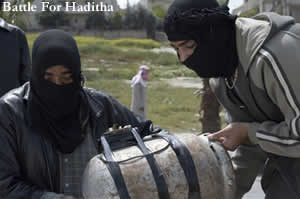 movies of the year, we are presenting 70 new movies every year.
movies of the year, we are presenting 70 new movies every year.
Bijan: How many countries are expected to participate in the 2007 festival?
Mikel: With all of the different sections, we are talking about around 23 countries that are participating in the festival.
Bijan: Is there any focus on the cinema of any specific country or any filmmaker?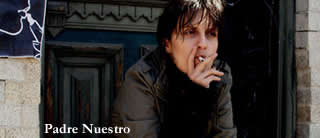 Mikel: Well, not really. We usually have a number of retrospectives and this year, one of them is dedicated to a classical director—this year it’s Henry King, an American director. Another one is a contemporary section for a French director named Phillippe Garrel. We are also presenting a thematic retrospective called Cold Fever that is dedicated to Scandinavian films. We are putting together 40 movies from countries such
Mikel: Well, not really. We usually have a number of retrospectives and this year, one of them is dedicated to a classical director—this year it’s Henry King, an American director. Another one is a contemporary section for a French director named Phillippe Garrel. We are also presenting a thematic retrospective called Cold Fever that is dedicated to Scandinavian films. We are putting together 40 movies from countries such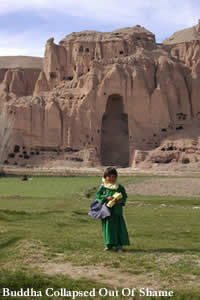 as Denmark, Finland, Iceland, Norway, and Sweden.
as Denmark, Finland, Iceland, Norway, and Sweden.
Bijan: Who are some prominent jury members this year?
Mikel: Well this year we have many important figures such as the American writer Paul Auster. We also have Swedish actress Pernilla August, Italian actress Nicoletta Braschi, Iranian filmmaker Bahman Ghobadi, Spanish actor Eduardo Noriega, Argentine actress Susú Pecoraro, and British director Peter Webber.
Bijan: Wow, that’s great. Are there any other events—like seminars and panels—that will be going on during the festival?
Mikel: There are many, many activities regarding the industry. There are many teachings, encounters, and promotions from different institutions that take part in the festival.
Bijan: What are your future plans for the San Sebastian International Film Festival?
Mikel: (laughs) Wow, this is a big question! It’s hard to say because I don’t know what is going to happen around the world, but the number of people watching films in “regular” theatres is decreasing and the festivals will have to react to this. But, on the other hand, the audience seeing movies in Festivals is increasing. …I don’t know what the future will bring us, but at this moment we are at a very good position.

